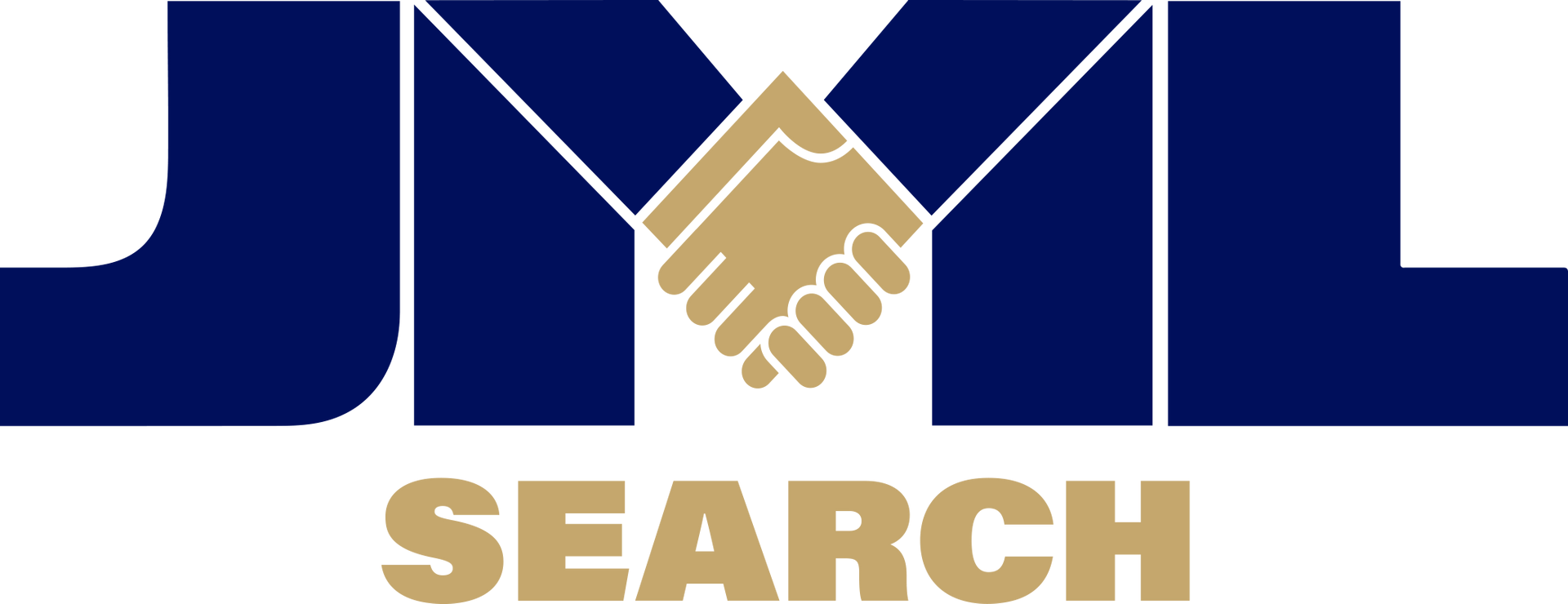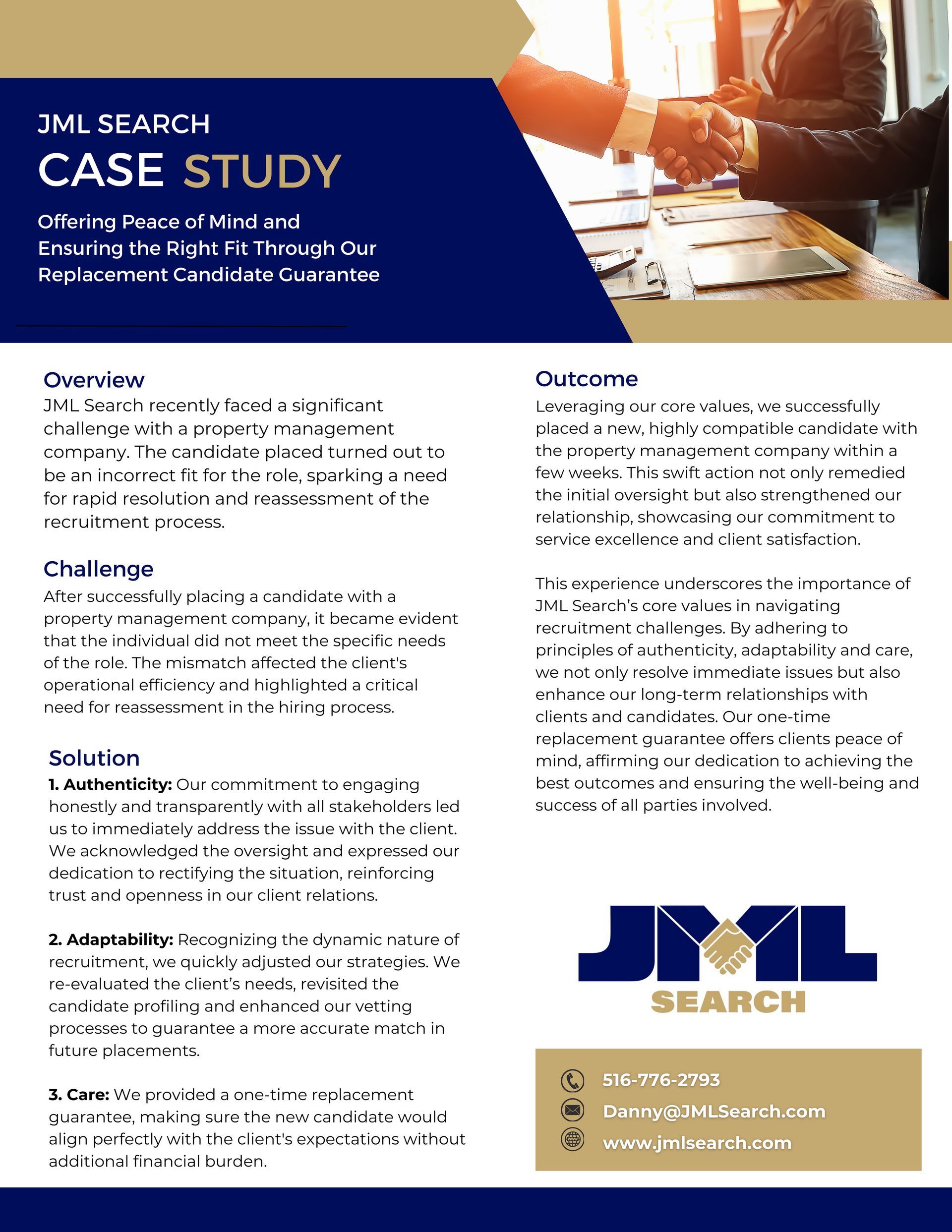In the journey of career development, the allure of instant success and rapid advancement often overshadows the critical importance of building a strong foundation. For those just beginning their career or taking a new path, it can sometimes feel like progress is slow, or even stagnant. However, it’s essential to remember that every step taken is a brick laid in the foundation of your professional life.
So where do I begin?
Start with the Blueprint
Your career blueprint is comprised of your core values, long-term objectives, and the key skills you aim to acquire. Like any robust structure, a career needs a solid blueprint to guide its construction. Early in your career, focus on understanding what you truly value and where you see yourself in the future. This initial phase is not about rapid ascent but about setting your coordinates correctly.
Build Brick by Brick
As you start laying down the bricks, you may not immediately see the towering structure you aspire to build. This stage is about gaining skills, knowledge, and experience. Concentrate on learning as much as possible, whether it’s from formal education, mentorship, or on-the-job experiences. Each skill learned and every piece of knowledge gained is a brick in your foundation. It might seem tedious or slow at times, but these bricks will support the weight of larger responsibilities as you progress.
Stay Grounded and Focused
One of the most common pitfalls in career development is the distraction of comparing your progress with others or getting fixated on the end goal. Looking around or upwards to see how high others are building can lead to a sense of dissatisfaction or impatience. Instead, focus on your own path. Keep laying your bricks diligently and know that each one is crucial for stable growth. The skills and traits you develop in these early stages will help you handle more complex challenges later.
The Role of Resilience and Adaptability
As your career advances, you’ll encounter various challenges that will test the strength of your foundation. This is where resilience and adaptability come into play. The solid groundwork you've laid allows you to withstand setbacks and navigate through uncertainties. Your foundational skills enable you to adapt and mold your career path according to changing landscapes and personal growth.
Refer Back to Your Blueprint
Throughout your career, it’s helpful to periodically refer back to your original blueprint. Sometimes, in the rush of deadlines and commitments, the fundamental reasons for your career choices might get blurred. Revisiting your blueprint can offer clarity, reinvigorate your motivation, and ensure that your career construction stays true to your initial vision.
In conclusion, building a career is not a race to the top but a process of laying a foundation sturdy enough to support your dreams and ambitions. By focusing on building who you are, the skills you possess, and the traits you cultivate, you create a career that is not only successful but also fulfilling and resilient. Stay busy building, stay focused on your path, and remember that every brick laid is a step towards your grand vision.
Danny Herskowitz is the CEO & Founder of JML Search LLC, a recruitment firm focused on helping companies within the Hospitality/Accommodation & Travel sector's find the best talent in the market for their teams. To learn more about our Recruitment Services please e-mail: danny@jmlsearch.com
Recruitment Insights



